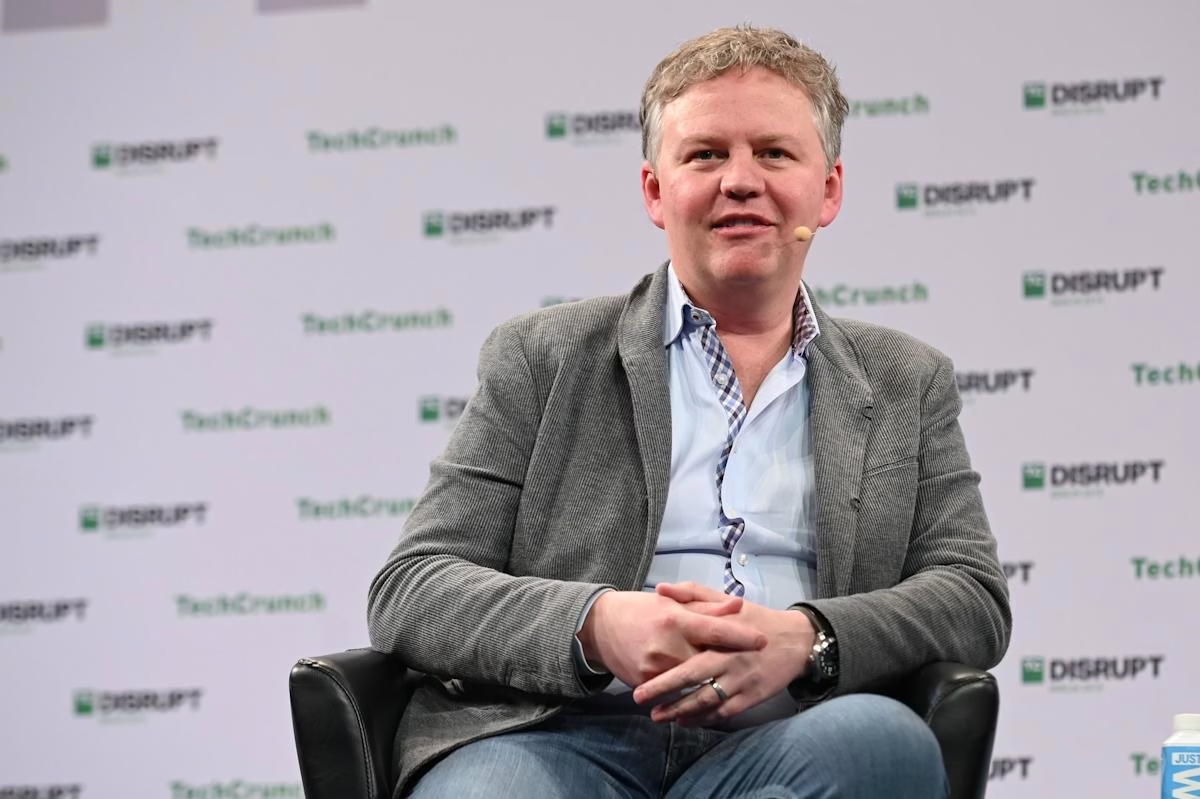The Shifting Sands of Information: Why Cloudflare's CEO is Concerned About AI Chatbots
It's no secret that artificial intelligence is reshaping our digital landscape. But when someone like Matthew Prince, the CEO of Cloudflare – a company that sits at the very heart of the internet's infrastructure – speaks up, we should probably listen. And what he's saying lately is pretty stark: people aren't checking AI chatbots' source links. In fact, he's observed a significant drop in search traffic referrals, suggesting a profound shift in how we consume information. It's a big deal, truly.
The Plunge in Referrals: A Looming Threat to the Web's Business Model
Prince's recent statements to Axios underscore a trend that's been gaining momentum: search traffic referrals are plummeting. This isn't just an abstract observation; it's a tangible threat to the very business model of the web. Publishers, large and small, rely on that inbound traffic. When AI chatbots provide concise summaries, users often don't feel the need to dig deeper.
Axios, just a day before Prince's public remarks, highlighted this very issue, framing it as an "existential threat" for publishers. And they're not wrong. Imagine you're a small independent news site, pouring resources into investigative journalism or unique local content. Your revenue depends on eyeballs, on people clicking through from search engines. If a chatbot simply scrapes your hard-earned facts and presents them without attribution or, crucially, without a click-through, how do you sustain that work? It's a tough pill to swallow. This isn't just about minor adjustments; it's about a fundamental re-evaluation of how content is valued and monetized online.
AI's Growing Dominance and the Content Creator's Dilemma
The trend is undeniable: we're increasingly relying on AI chatbots for information. Whether it's for quick facts, complex explanations, or even creative inspiration, these tools are becoming our first port of call. And why not? They're fast, convenient, and often surprisingly accurate. But this convenience comes at a cost, particularly for the original content creators.
Matthew Prince has been quite vocal about this, suggesting that content creators need to protect their work, perhaps even blocking AI bots unless they're compensated. It's a sentiment echoed across platforms like X (formerly Twitter) and Reddit's r/Futurology, where content creators are expressing growing alarm about their visibility and earnings. They're seeing their intellectual property being used to train and feed these AI models, often without permission or payment. It's like someone reading your book, then retelling the story to everyone else without ever mentioning your name or suggesting they buy your book. Not cool, right? This isn't just a technical problem; it's an ethical one, too.
Cloudflare's Countermeasures: Fighting Fire with... Rabbit Holes?
It's one thing to point out a problem; it's another to do something about it. And Cloudflare, true to form, isn't just sitting idly by. They've introduced some rather ingenious measures to combat AI bots scraping websites. One particularly intriguing feature sends AI bots down an endless rabbit hole. Seriously. It's designed to waste their time and resources, making it less efficient for them to scrape content indiscriminately.
This move is a clear signal that the industry is waking up to the need for active defense against unchecked AI consumption of web content. While it's a clever tactic, it also highlights the arms race that's developing between content providers and AI models. Will these "rabbit holes" be enough? Or will AI developers find ways around them? It's a cat-and-mouse game, and for the sake of a healthy, diverse internet, I hope the mice (the content creators) have some good tricks up their sleeves.
The Future of Information: Navigating an AI-Driven Web
The statements from Cloudflare's CEO aren't just news; they're a pivotal moment in the internet's evolution. We're moving beyond the initial excitement of AI's potential and grappling with its very real, very immediate impact on how information flows and how value is created online. This isn't just about search traffic; it's about the sustainability of independent journalism, creative writing, and specialized content across the board.
In previous years, discussions around AI focused more on its promise – self-driving cars, medical breakthroughs, personalized experiences. Now, we're confronting its disruptive side, particularly its effect on the digital advertising ecosystem and the very concept of web traffic. The shift towards AI-generated summaries fundamentally alters user interaction with information. It's a brave new world, and while AI offers incredible utility, we must ensure it doesn't inadvertently starve the very sources of knowledge it relies upon. How we navigate this transition will define the next era of the internet. And frankly, it's a conversation we all need to be part of.
